[coffee trade] what is the fair price of coffee? What is information transparency?
Professional coffee knowledge exchange more coffee bean information please follow the coffee workshop (Wechat official account cafe_style)
Nowadays, it is very common for consumers, bean bakers and shops to demand the transparency of information in the coffee supply chain. Importers and exporters of raw beans must provide more complete information, so that the pricing of coffee is not just an abstract concept, but related to integrity.
However, because there are no standardized operating standards or participants in the supply chain, information transparency and data may be difficult to explain, so it is easy for some companies to manipulate or even modify the coffee they handle.
Usually, the information that is not shared is more important than the information shared. Without a complete background, it is impossible to understand the information correctly. This may not be the case with the correct information, or it may not be as good as it is described.
In this article, let's look at how to identify the correctness of transparent information and how to prevent false information.

The importance of context
The transparency of information should look at contextual relationships, such as data indicators and averages, must provide sufficient information to understand what the information actually represents, and must be specific enough to compare with other data.
If you don't look at the context, it's easy to misinterpret the facts, so let's look at an example.
"I paid three dollars per pound for raw beans, which is three times the futures price, so I have a positive impact on the industry chain! "
This is the content shared by a bean baker the author recently saw on social media. It may have won a lot of likes and won the hearts of some fans. However, this sentence hardly mentions the required context and background reference.
For example, when the bean baker buys coffee, what is the status of the coffee? Where can I buy it? In most coffee producing areas, unshelled raw beans cost $3 on the farm. If the bean baker buys directly from the farm, it is indeed a veritable positive impact.
However, after in-depth understanding, the author found that the price mentioned in this post is the FOB FOB price paid to the exporter. FOB includes any overland transportation costs from the factory or warehouse to the country of origin. This does not dialyze the farm door price (the net value of the product when it leaves the farm).
In addition, although the price of raw beans at $3 per pound is three times the futures price, the statistics shared on social media are Costa Rican coffee, while Costa Rican commercial-grade coffee currently trades at $0.84 per pound higher than futures. According to the futures price of $0.93 at the time of writing, the basic plate of Costa Rican coffee should be $1.77 per pound.
So $3 is not three times the price of the basic offer, but more than 69%. Of course, it's not bad, but it doesn't sound that good. Considering that the post is aimed at fine-grade micro-batches of coffee, $3 per pound is a fair price, but not above average.
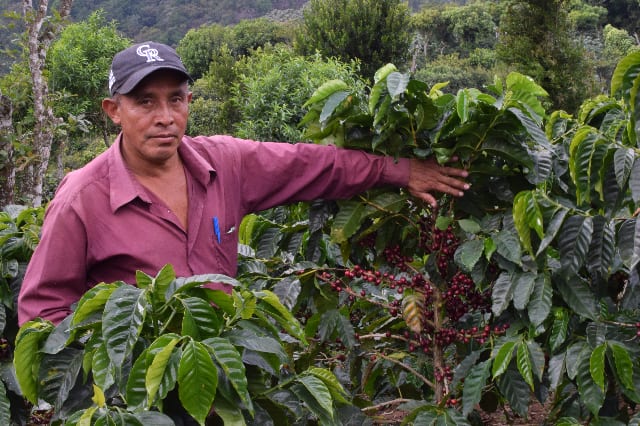
Considering who will benefit.
Take social media posts as an example, it is important to consider that the bean baker pays $3 per pound.
Do you still have to pay these fees to the importer? The baker must pay more to the importer so that the importer can pay more to the exporter, so they can pay more to the farmers. But not every player has a real pass. Therefore, when the baker pays a higher-than-average price, this is a good first step, but it should not be interpreted as having a positive impact on society or economic justice.
Does the baker have to pay the exporter's fee? Again, this is a step in the right direction, but it does not necessarily mean that the supply chain is ethical. Exporters may not know or may not record the money received by farmers. Exporters may or may not share it with bean bakers, so there is no way to know how much farmers get from it.
There is nothing inherently wrong with paying importers and exporters, and working with these two roles is the most effective way to get coffee from farmers, so is the way to maximize profits for farmers in the end.
However, without the transparency of the price paid in each transaction, the claim of moral behavior or positive social impact is unreasonable. It's a bit like boasting that you have recycling, environmental protection and love for the earth, but instead of reusing it at the back end, you just deal with it. Yes, you did your part, but it didn't make a real difference.
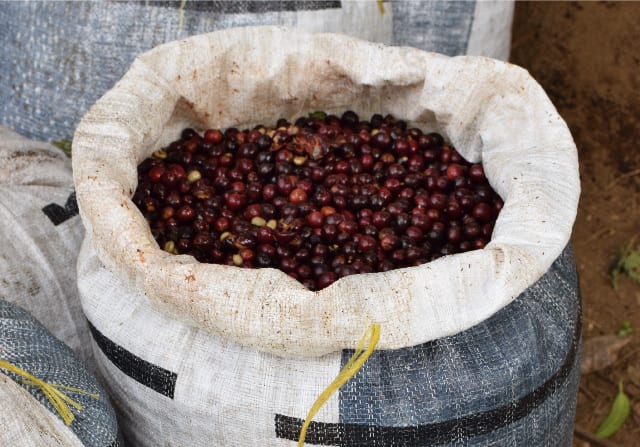
Direct docking between farmers and bean bakers may not be the most cost-effective.
Suppose the bean baker paid $3 directly to the farmer, but that also caused some problems. How does the bean baker handle transactions with farmers? What kind of coffee does the baker buy: raw beans or fruits with shells? Do farmers have to bear the cost in terms of harvest and logistics and transportation? Are the farmers paid in a lump sum? How long does the bean baker promise to buy coffee before delivery?
Let's discuss these issues in more detail.
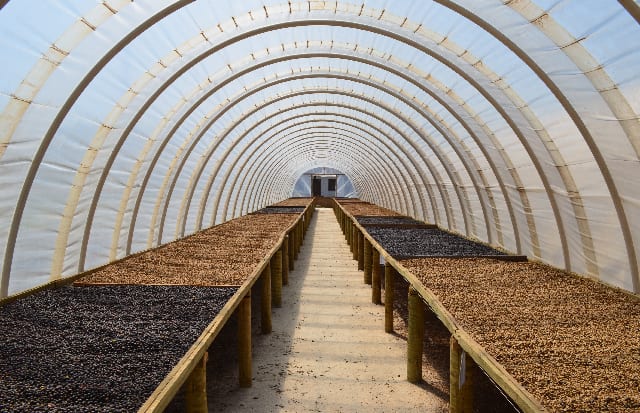
Let farmers export and purchase FOB
Buying coffee directly from farmers may be the way for farmers to get the most income. However, the cumbersome procedures of simultaneous export operations, raising funds, supplying coffee production sufficient for export and waiting for buyers to pay for it are not affordable to a small farmer. While supporting farmers at this level and allowing them to raise their incomes is not a bad thing, it does not lift anyone out of poverty, and it is somewhat untrue to claim that this is a positive social impact.
Farmers who use this method may get higher prices than through middlemen, but they also spend a lot of time and money handing over their products to FOB, so they may actually end up making less profit. You cannot compare this price with the farm door price, because the door price does not include any packaging and logistics costs.
Does a higher proportion of the money you pay go to the farmers? Will they spend $1 per pound on logistics and end up with a profit of $0.20? Or hand the business over to exporters, who will spend $0.30 on logistics, exporters $0.20 and farmers a profit of $0.70? Is the goal to trade directly with producers or to use the method that provides them with the fairest income?
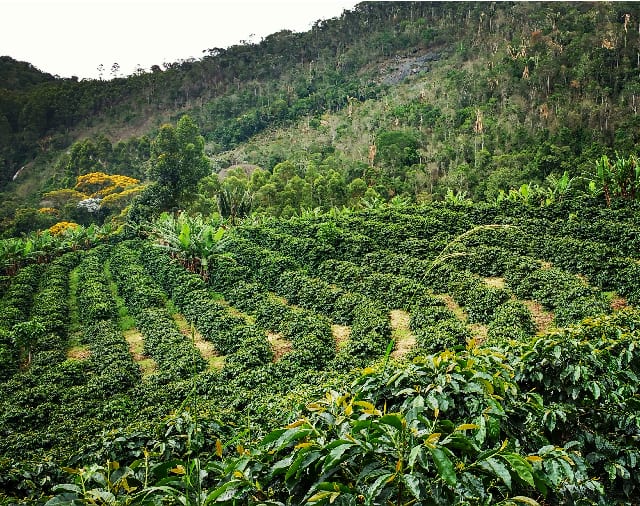
To trade raw beans or fruits with shells.
When discussing the price, it is important to know the coffee you buy and sell. According to quality and other factors, clean raw beans account for about 7080% of the weight of raw beans with shells. So when we discuss how much you pay farmers for a pound of raw beans, it can change depending on the type of coffee you choose, such as screening mechanisms, flaws, and so on.
In another social media post, an importer claimed to have paid Colombian farmers 1 million Colombian pesos (about NT $9700) for each carga (about 275lb) of fruit. Sharing such numbers may seem admirable, but how many bean bakers know if it's a good price? The statement is actually complex and unclear, even for those familiar with Colombian currency and local coffee terminology.
First of all, a carga is about 125kg. In the coffee industry, this kind of measure is usually used for raw beans with shells, whether sun-cured or washed. But the post also mentioned fruit. Is the reward all paid for 125 kilograms of fresh fruit? If true, the price of raw beans would be more than $7 per pound, which is a very good price for farmers.
In the comments on the post, someone asked for a clearer explanation. It turns out that farmers get a price of $5.13 per pound after removing the outer weight, which is a calculation of the conversion of fruit to the weight of raw beans with shells.
Therefore, although the fruit is purchased by the importer in the local department, the price they share is calculated from the reasonable conversion of the fruit to the weight of raw beans with shells. But who can see this from the post? Does the importer want people to understand it? Or is it just to share the numbers for grandstanding? However, according to the local purchase price, this is still a very good price.
Then there is the issue of currency exchange. At the time of this writing, the dollar is equivalent to about 3250 Colombian pesos, and the exchange rate affects the transaction, but the local cost of living is mostly the same in the short term. Therefore, when coffee is sold, the quality of life of farmers has a lot to do with the price sold. Most of us understand this and can calculate the results effortlessly, but how many of us pay attention to this issue when skidding?
In general, it is assumed that if a company publishes information, it must be ethical and positive, as well as honest. But before determining that a company is creating a meaningful social impact, you should carefully analyze information and data.
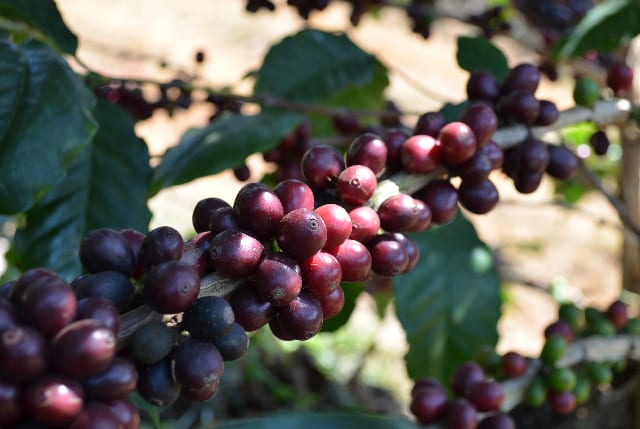
Procurement consistency and long-term impact
Importers or bean bakers may pay above-average prices, but is it a one-off? If it is only a small number of transactions or a single occasion, it is dishonest to use this as publicity. These deals are unlikely to benefit farmers in any meaningful way.
If a roaster buys three to five bags of coffee at a very good price, but the farmer sells the rest of the crop at a futures price, there is little positive financial impact. This is often the case at auctions, where the bidding grades usually account for only a small fraction of farmers 'output, and where competitions almost always have different winners.
We should also consider when farmers are paid, and whether farmers are paid for the initial offer when coffee is processed into green beans in the shell. Or do they have to leave raw beans at consignment and borrow money from loan sharks to make up for the shortfall? Or do they receive a deposit and then a few months later the buyer pays the balance?
The flow and structure of payments can have a huge impact on producers depending on the amount of payment, and if they are forced to borrow usury while waiting for payment, this may eat up their profits.
How do you protect yourself from false transparency?
When you start analyzing transparency data, it's easy to get frustrated or even angry. But don't let emotions get the best of you, and take anything that seems reasonable with a grain of salt, and research the facts behind it.
Read comments and articles from supporters and opponents and consider their arguments. For example, there are dozens of academic papers and articles on the pros and cons of fair trade, read them and consider whether you would like to buy this type of coffee. More information can help you better understand the information and know what you want when buying coffee.
Buying coffee is a responsibility, and your choices will greatly affect farmer families in some part of the world, and each of us has a responsibility to understand the complexity and dynamics of supply chains to understand how to uncover problems.
We need to fully understand this publicly shared information and explore the information that is not publicly available. By becoming a more conscious consumer, we are contributing to the overall sustainability of the coffee supply chain.
Translated from Perfect Daily Grind
Translated from coffee.
END
Important Notice :
前街咖啡 FrontStreet Coffee has moved to new addredd:
FrontStreet Coffee Address: 315,Donghua East Road,GuangZhou
Tel:020 38364473
- Prev

Vietnam Coffee two common coffee brands Vietnam Coffee how to drink?
More information on coffee beans Please follow the coffee workshop (Wechat official account cafe_style) Vietnamese coffee is world-famous for its unique taste, its rich and mellow flavor, with slightly bitter taste, and its unique brewing method makes many people equate Vietnamese coffee with dripping coffee. Even if you have never been to Vietnam, you must have seen or tasted it.
- Next
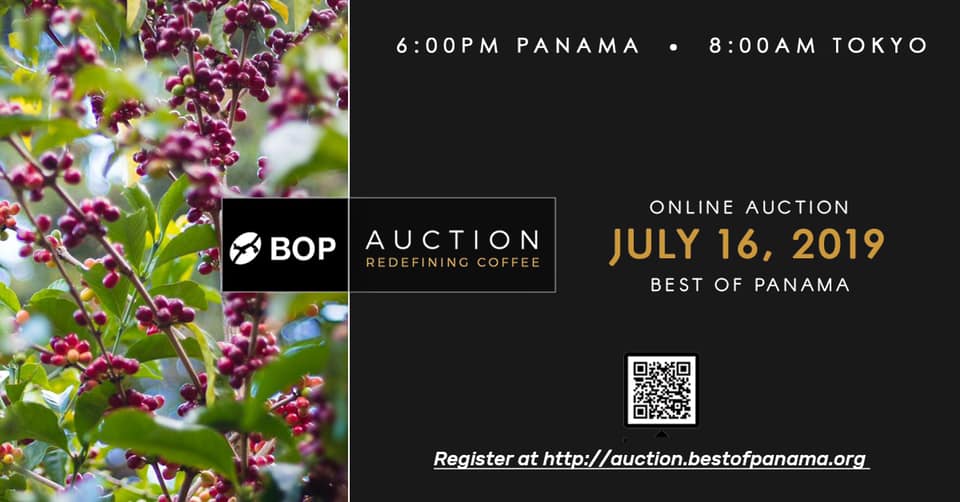
2019 Best Panamanian BOP Coffee auction results announced! Characteristics and stories of Panamanian coffee beans
Professional coffee knowledge exchange more coffee bean information please follow the coffee workshop (Wechat official account cafe_style) on July 17, around 12:48 Beijing time, the global auction for best Panama in 2019 is over. The new "standard king" Alida Manor's "anaerobic slow Solar Green Top Rose Summer" (Elida Geisha Green Tip Natural ASD) was sold at the final transaction price of 1029.
Related
- Detailed explanation of Jadeite planting Land in Panamanian Jadeite Manor introduction to the grading system of Jadeite competitive bidding, Red bid, Green bid and Rose Summer
- Story of Coffee planting in Brenka region of Costa Rica Stonehenge Manor anaerobic heavy honey treatment of flavor mouth
- What's on the barrel of Blue Mountain Coffee beans?
- Can American coffee also pull flowers? How to use hot American style to pull out a good-looking pattern?
- Can you make a cold extract with coffee beans? What is the right proportion for cold-extracted coffee formula?
- Indonesian PWN Gold Mandrine Coffee Origin Features Flavor How to Chong? Mandolin coffee is American.
- A brief introduction to the flavor characteristics of Brazilian yellow bourbon coffee beans
- What is the effect of different water quality on the flavor of cold-extracted coffee? What kind of water is best for brewing coffee?
- Why do you think of Rose Summer whenever you mention Panamanian coffee?
- Introduction to the characteristics of authentic blue mountain coffee bean producing areas? What is the CIB Coffee Authority in Jamaica?

